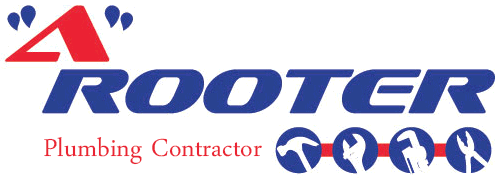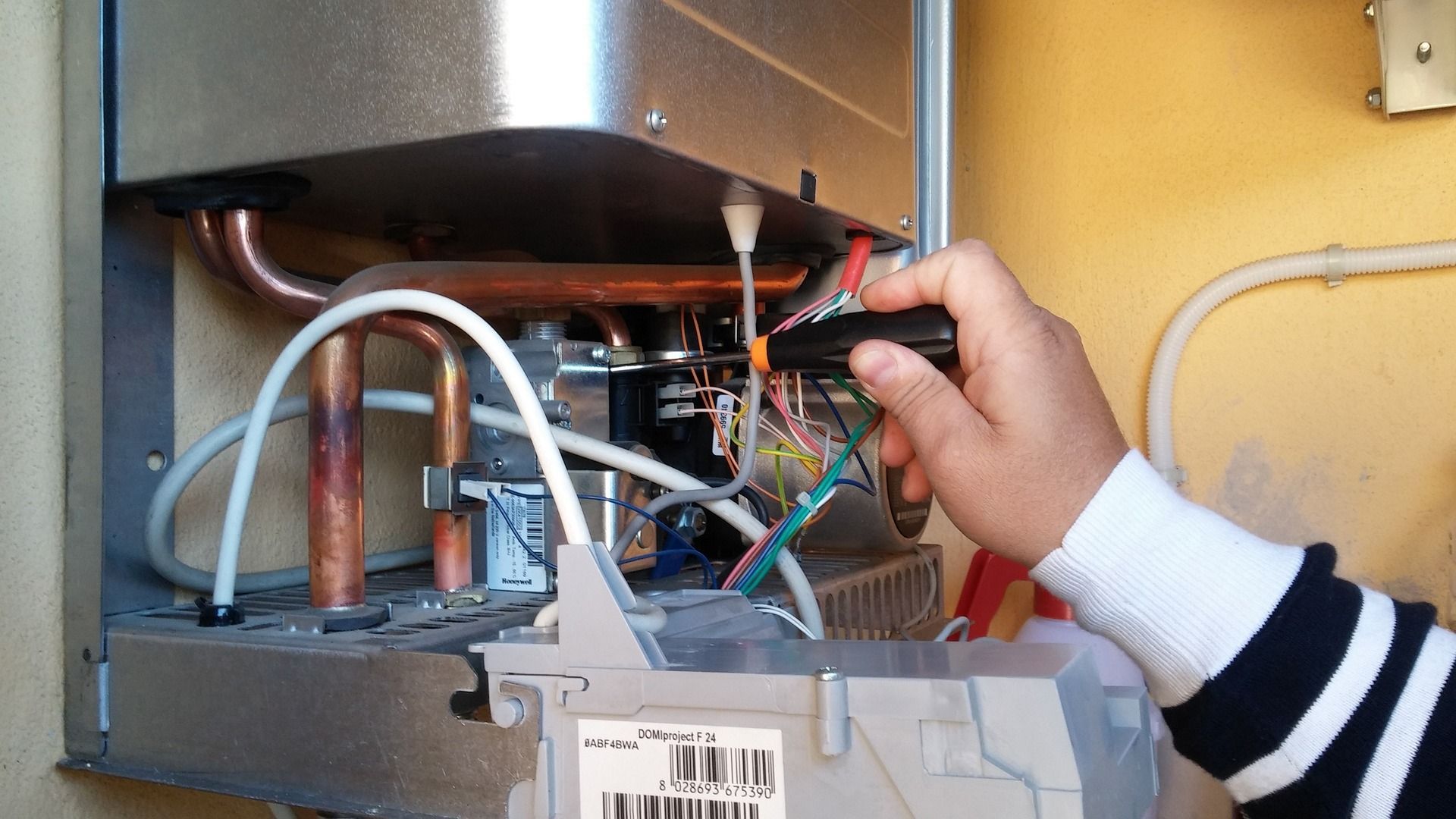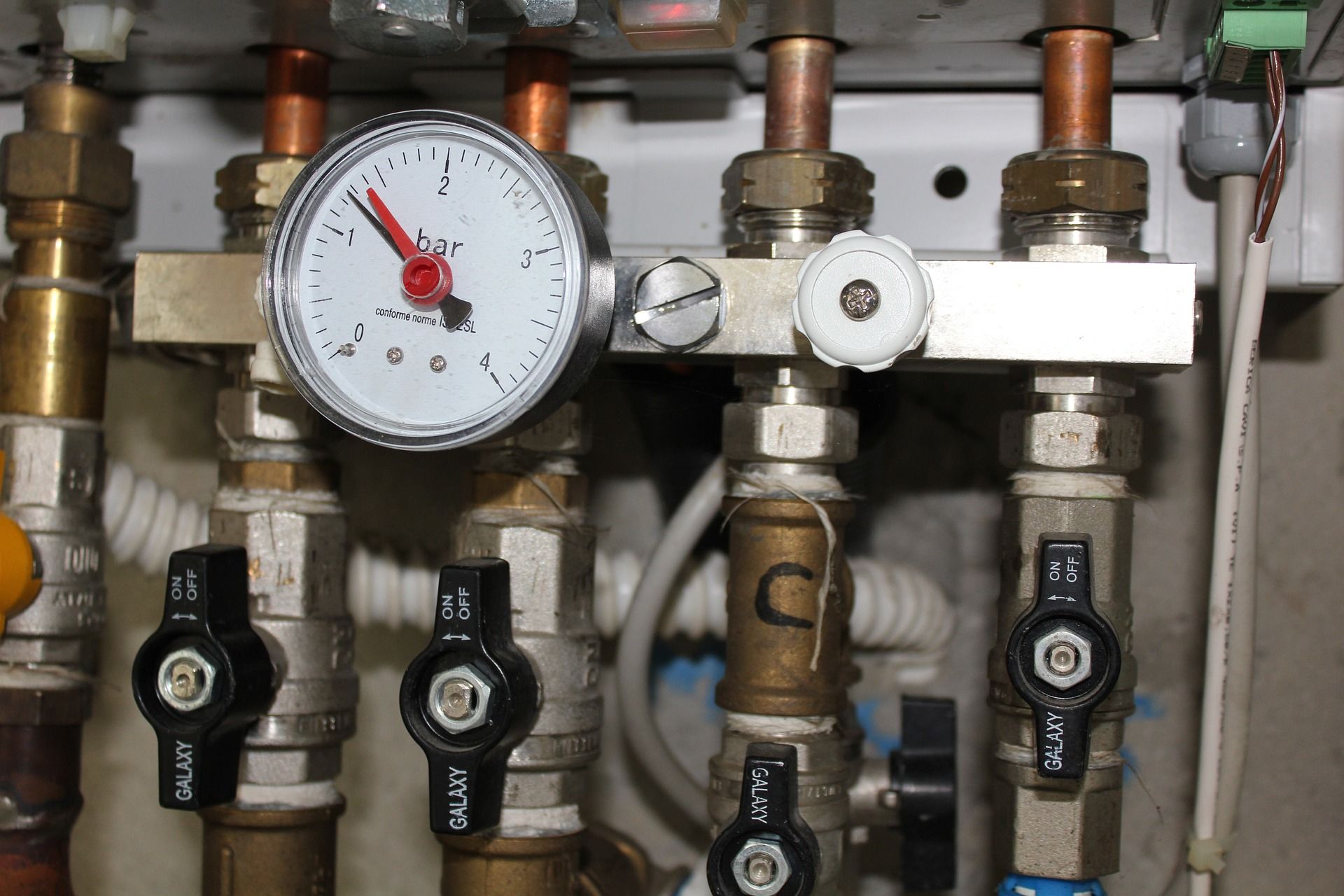Get in touch
How to Prevent Drain Clogs
Do you ever feel like your drains are a symbol of the constant struggle to keep your home running smoothly? Dealing with a clogged drain is not only frustrating but can also lead to costly repairs and inconvenience.
Fortunately, there are several preventative measures you can take to minimize the chances of experiencing a drain clog. Join us in exploring practical tips on how to prevent drain clogs and keep your plumbing system running smoothly.
So, let's dive in and discover how to keep your drains clog-free and your home functioning flawlessly.
Proper Disposal of Food Waste
To prevent drain clogs, you should dispose of food waste properly. Innovative solutions for dealing with food waste include food waste recycling and composting options. Instead of throwing your food waste down the drain or in the trash, consider these environmentally-friendly alternatives.
Food waste recycling is a cutting-edge method that turns food scraps into valuable resources. By collecting and processing food waste, it can be transformed into organic fertilizers, biogas, or even animal feed. This innovative approach not only reduces the amount of waste going to landfills but also promotes sustainability by creating useful products.
Composting is another great option for food waste disposal. It involves decomposing organic materials, such as food scraps, in a controlled environment. Compost not only serves as a nutrient-rich soil amendment but also helps retain moisture and suppress plant diseases. By composting your food waste, you're actively participating in the circular economy and contributing to a healthier environment.
To make food waste recycling and composting more accessible, many communities have implemented collection programs. These programs provide designated bins or bags for food waste, which are then collected and processed by local facilities. By participating in these programs, you can ensure that your food waste is being managed responsibly and used to its full potential.
Regular Drain Maintenance
Maintaining your drains regularly is essential for preventing clogs and ensuring their proper functioning. To keep your drains in top condition, you can utilize innovative drain cleaning products or hire professional drain cleaning services.
When it comes to regular drain maintenance, using effective drain cleaning products can be a game-changer. These innovative solutions are designed to dissolve and remove any buildup or debris that may be lurking in your pipes. By using these products on a regular basis, you can prevent clogs from forming and keep your drains flowing smoothly. Look for products that are environmentally friendly and safe for all types of plumbing systems.
In addition to using drain cleaning products, it can also be beneficial to enlist the help of professional drain cleaning services. These experts have the knowledge and equipment to thoroughly inspect and clean your drains, ensuring that any potential clogs are dealt with before they become a major problem. Professional drain cleaning services can also identify any underlying issues with your plumbing system and provide recommendations for preventative maintenance.
Use Drain Strainers or Screens
To keep your drains free from clogs, make sure to utilize drain strainers or screens in your sinks and showers. These simple tools offer numerous benefits that can help prevent debris from entering your drains and causing blockages. By using drain strainers or screens, you can easily catch hair, food particles, and other small objects before they've a chance to go down the drain and cause a clog.
One of the main benefits of using drain strainers is that they're easy to install and remove. Most strainers simply sit on top of the drain and can be easily lifted out for cleaning. This makes it convenient to empty the collected debris and ensure that your drains remain clear and free-flowing.
When choosing a drain strainer, it's important to consider the size and shape of your drain. Look for strainers that fit securely over the drain opening without any gaps. This will prevent any small particles from slipping through and causing a clog. Additionally, opt for strainers with fine mesh screens to effectively catch smaller debris like hair.
Another factor to consider when choosing the right drain strainer is the material it's made of. Stainless steel strainers are durable and resistant to corrosion, making them a popular choice. However, plastic strainers can also be effective and are often more affordable.
Avoid Pouring Grease Down the Drain
When it comes to preventing drain clogs, one important step is to avoid pouring grease down your drain. Proper grease disposal is essential for maintaining the health and functionality of your drains. In addition to preventing clogs, proper grease disposal also promotes kitchen hygiene, ensuring that your cooking space remains clean and free from unpleasant odors.
Grease may seem harmless when it's in a liquid state, but as it cools, it solidifies and can create blockages in your pipes. This can lead to slow drainage, unpleasant smells, and even costly plumbing repairs. To avoid these issues, it's important to dispose of grease properly.
Instead of pouring grease down the drain, let it cool and solidify. Once it has hardened, scrape it into a sealable container, such as a jar or a coffee can. You can then dispose of it in your regular trash. If you prefer a more eco-friendly option, consider recycling the grease. Some municipalities have programs that allow you to drop off used cooking oil and grease at designated locations for recycling.
By adopting proper grease disposal practices, you not only prevent drain clogs but also contribute to a cleaner and healthier kitchen environment. Remember to always wipe down greasy pans and plates with a paper towel before washing them, as this helps remove excess grease and prevents it from entering your drain.
Be Mindful of What Goes Down the Toilet
Dispose of only appropriate waste in the toilet. When it comes to maintaining a clog-free plumbing system, it's important to be mindful of what you flush down the toilet. While it may seem convenient to use the toilet as a catch-all for various waste, doing so can lead to serious plumbing issues down the line. To prevent clogs and keep your toilet functioning efficiently, it's crucial to understand what can and can't be flushed.
One important consideration is to use only toilet paper or toilet paper alternatives that are specifically designed to break down easily in water. Traditional toilet paper is designed to dissolve quickly, but certain alternatives may not break down as easily, leading to clogs.
Innovative options, such as bamboo toilet paper or biodegradable wipes, can be great alternatives that aren't only eco-friendly but also safe for your plumbing system.
Additionally, plumbing education plays a vital role in preventing toilet clogs. Understanding what should and shouldn't go down the toilet can save you from costly repairs and inconvenience. Plumbing education can teach you about the potential consequences of flushing items like feminine hygiene products, baby wipes, or dental floss. Being aware of these risks can help you make informed decisions about what you dispose of in your toilet.
Frequently Asked Questions
Can I Use a Garbage Disposal to Dispose of All Types of Food Waste?
You can use a garbage disposal to dispose of most types of food waste, but it's important to practice proper maintenance. Alternatively, you can explore innovative ways to dispose of food waste without causing drain clogs.
How Often Should I Clean My Drains to Prevent Clogs?
To prevent clogs, clean your drains regularly. Use the best drain cleaner products available. Innovate by exploring new methods and technologies that can keep your drains clear and flowing smoothly.
Are There Any Specific Types of Drain Strainers or Screens That Are More Effective in Preventing Clogs?
Different types of drain strainers or screens can be more effective in preventing clogs. Consider options like mesh strainers or hair catchers. They have pros and cons, but can help prevent debris from entering your drains and causing clogs.
What Should I Do if I Accidentally Pour Grease Down the Drain?
If you accidentally pour grease down the drain, it can lead to clogs and plumbing damage. To prevent this, pour boiling water down the drain to break up the grease, then use a vinegar and baking soda mixture for further cleaning.
Can Flushing Wet Wipes Down the Toilet Cause Drain Clogs?
Flushing wet wipes down the toilet can definitely cause drain clogs. The difference between flushable and non-flushable wipes is that the latter don't break down easily, harming wastewater systems and the environment. Innovate by using alternatives.
Reach Out to the Drain Maintenance Professionals at A Rooter
Don't let clogged drains disrupt your daily life. Take the proactive approach and invest in the expertise of
A Rooter. With their help, you can say goodbye to clogs and hello to hassle-free drainage. Contact A Rooter today, and experience the difference that professional drain maintenance can make in your home.
Navigation Links
All Rights Reserved | "A" Rooter, Inc










